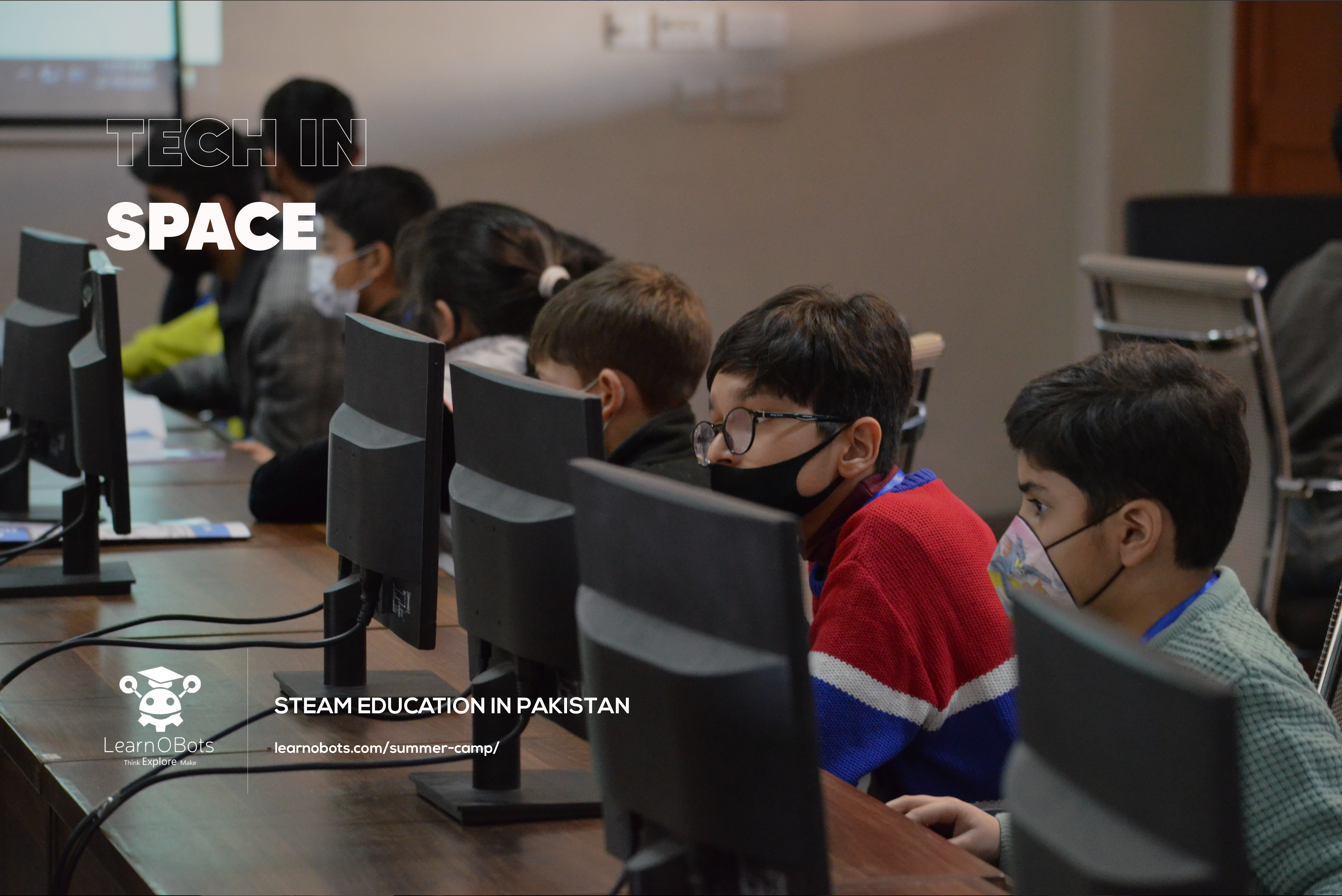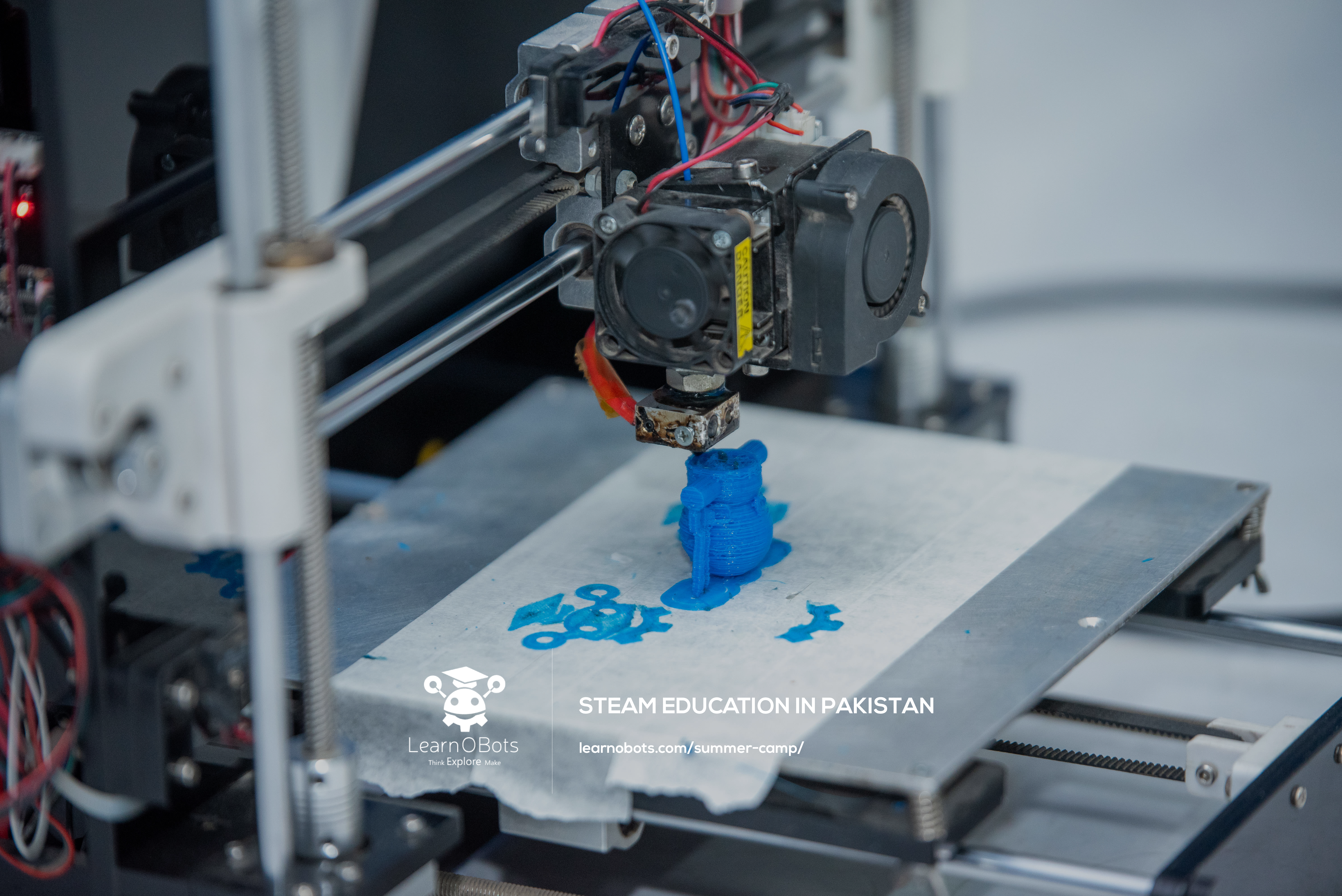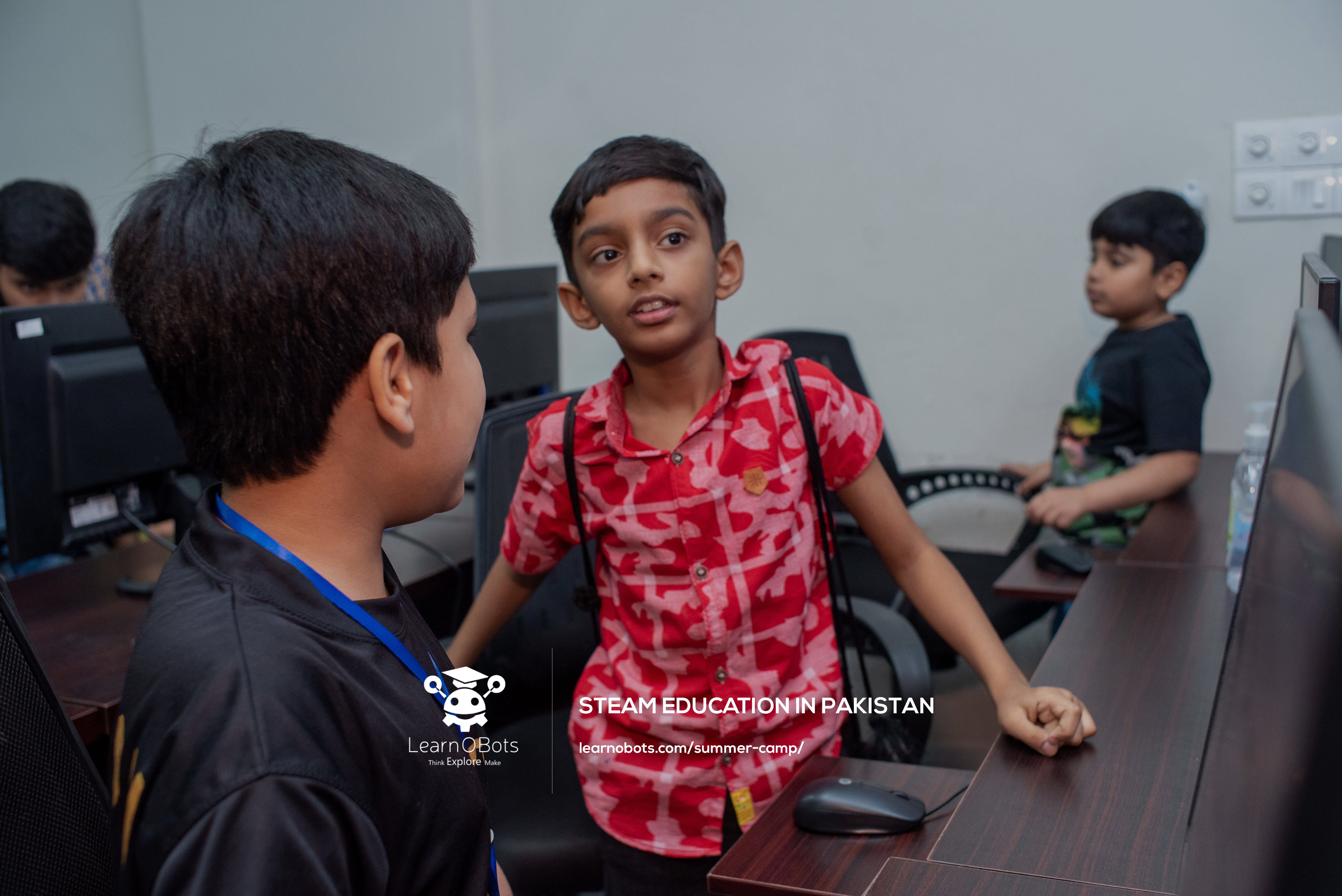The New Space Race
Humans have always been mesmerized by the stars, the sun and the moon. Many cultures across time and place worshipped the heavenly bodies. Many of those who didn’t them, still believed that they had the power to determine fate, including medieval Muslim mystics. Even in this age of science millions of people read their horoscopes daily. In short, space is wonderful. But it’s also terrifying. It’s the infinite expanse that surrounds our tiny blue home. It’s the abyss that gazes back. Are we alone? What is life’s purpose? We can’t help but wonder. That’s where the New Space Race comes in.
A philosopher once asked, ‘Are we human because we gaze at the stars, or do we gaze at them because we are human?’ Pointless, really…’Do the stars gaze back?’ Now, that’s a question.
—Neil Gaiman, Stardust
The Old Space Race
The greatest fear is the fear of the unknown. So, to overcome our fear of space, we must know it. On the 20th of July, exactly one month from now, humanity will celebrate the 53rd anniversary of putting man on the moon. It was, as Neil Armstrong said, one small step for man, but a giant leap for humanity. The Apollo 11 mission was the culmination of the Old Space Race, a battle between the United States and the then Soviet Union for supremacy over long-range projectiles. Just another extension of the Cold War.
While it is undeniable that the Space Race greatly benefited our understanding of space and physics, and allowed us to put satellites in space, the Old Race was first and foremost a weapons race. The Treaties of Paris saw to the end of one war, between the Allies and Axis Powers, and the beginning of a new one, between Capitalists and Communists. Nuclear weapons had been discovered, their terrible destruction unleashed, and both sides now wanted means to deliver that destruction across the ocean.
It was the Old Space Trace that led to the development of ballistic missiles. 1,600 of the scientists who worked with NASA to develop this technology were pardoned Nazis, some of whom were even guilty of war crimes. The Race had its benefits, but it undoubtedly also had its disadvantages.
Space Technology in 2022
The world has become more multipolar than in the 60s, and so has space exploration. Just recently, Japan and India launched their Kaguya and Chandrayaan moon exploration missions respectively. China has also been making progress in this regard. Now, even corporations are throwing their hats into the ring. Virgin Galactic, Blue Origin and SpaceX are just to name a few.
Humans are also beginning to look beyond warfare. Space tourism and hospitality have been discussed in recent years. Jeff Bezos, billionaire and owner of Blue Origin, went on a prototype space tour last year. Internet providers have also been looking at satellites for global coverage, and telecom company OneWeb and Elon Musk’s SpaceX signed a deal to send hundreds of them into space. In the coming decade, we could have 35,000 satellites orbiting the earth.
All this isn’t to say that we’ve left weaponry behind completely. Blue Origin and the Pentagon have been carrying out joint military programmes since 2021. The US also established a ‘Space Force’ in 2018, and the weaponization of space can only lead to dire consequences.
The New Space Race: Pros and Cons
The exploration of space offers humanity new horizons. Literally. If we master space voyage, humanity could become a multi-planetary species, something straight out of Star Trek. The first planet to be colonized would be Mars, and Musk already has plans for that. Colonized worlds could offer resources unavailable here, and possibly revolutionize technology. Moving onto other planets would also lessen the strain on earth, and give it chance to heal.
The New Space Race gives human scientists a chance to closely study planets, stars, and black holes and discover the secrets of the universe. It might also allow us to discover extraterrestrial life. How exciting! An elaborate system of satellites could help us detect meteorites so that governments could respond and prepare timely. The New Space Race could be what keeps us from having the same fate as dinosaurs.
The New Space Race, however, also has its drawbacks. For one, space travel is incredibly expensive. Instead of setting our sights on alien worlds, we could utilize that money to help alleviate poverty and inequality on earth and develop more eco-friendly technology and forms of energy. Moreover, sending rockets to space consumes a lot of fuel and causes massive amounts of pollution. The rockets break apart as they enter orbit, and this causes space debris, which can collide with satellites and spaceships.
Elon’s Mars Colony plans are also currently just a daydream, and the logistics behind the project would require trillions of dollars. Many consider the effort to simply not be worth the reward. Even if we begin to successfully colonize other planets, this could lead to territorial wars between countries as it has in the past, which would only be exacerbated with interplanetary weapons.
LearnOBots and the Space Race
LearnOBots is a startup based in Islamabad, Pakistan. We began operations in 2014 intending to bring state-of-the-art STEAM education to Pakistani youth. We offer programmes on coding, robotics and 3D Printing. LearnOBots also provides STEAM Camps as a chance for kids to gain hands-on experience, make friends and learn new skills. For stay-at-home learning, LearnOSTEAM provides children with a fun learning experience, where they can code games and videos and share them with friends.
Pakistan currently lacks any space program, but the people pioneering it in the future will be STEAM students today. If you’re interested in LearnOBots and its services, please contact us through WhatsApp or email.




